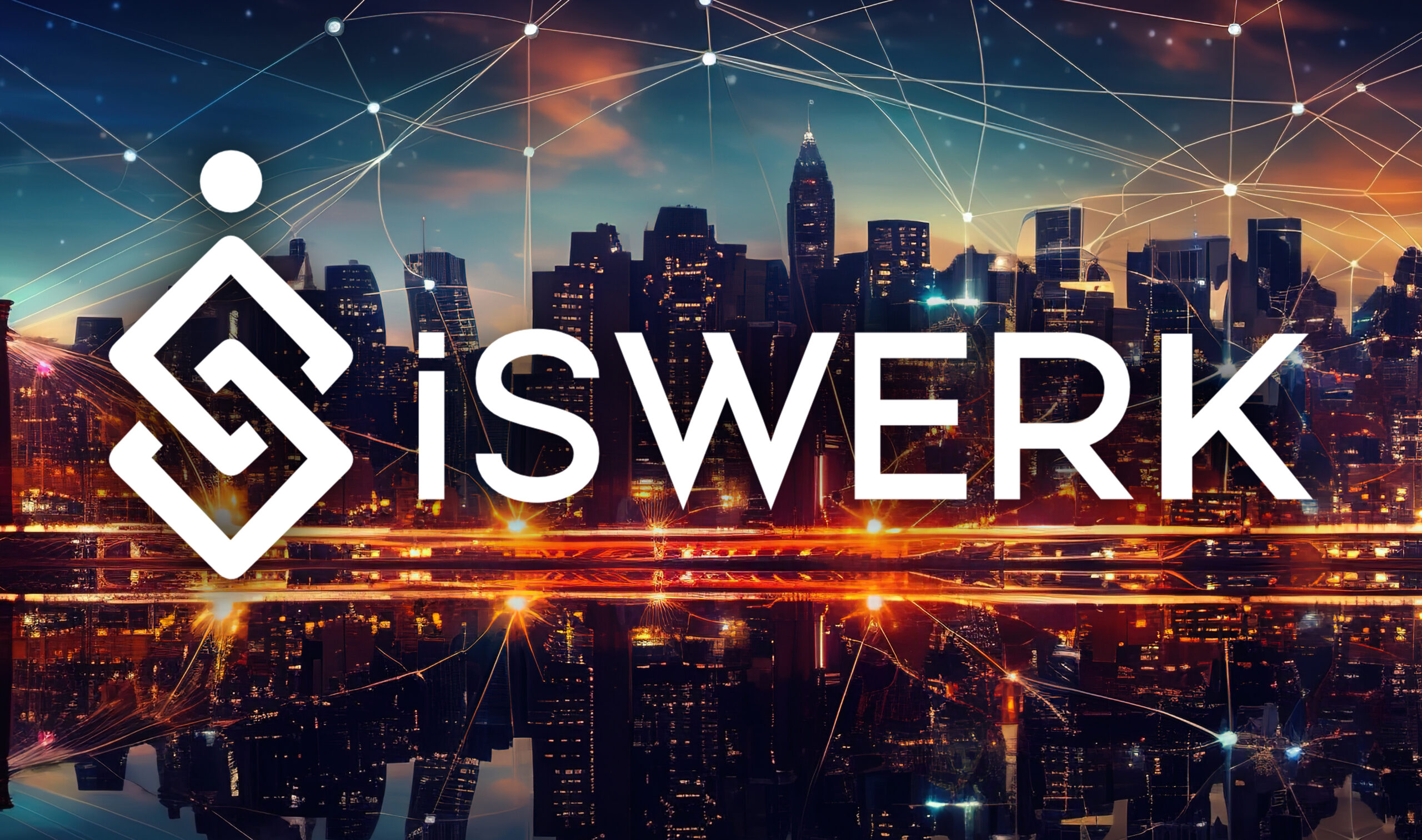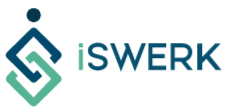
In the ever-evolving business landscape where strategies shift like tides and paradigms transform with each passing era, a curious phenomenon has emerged – a turn back to the annals of business history for a glimpse into a brighter future. It’s a concept akin to the time-traveling narratives found in the X-Men comics, particularly in the popular “Days of Future Past.” Just as the mutants sought to reshape destiny by altering the past, today’s businesses are recognizing the potential to create a more prosperous future by revisiting practices centered around remote work once thought to be relegated to bygone days – outsourcing and offshoring.
The parallels between the two narratives are striking: a journey through time, a quest for transformation, and a desperate bid to rewrite the script of fate. As the business world stands at this unique crossroads, it becomes evident that there is much to glean from the lessons of the past – both fictional and factual.
The Sentinels: Technology's Unintended Consequences

Imagine a sprawling metropolis, a bustling cityscape that mirrors the intricate ecosystem of today’s business landscape. In this bustling urban realm, towering skyscrapers represent the sentinel technologies, colossal and relentless, rapidly multiplying like a swarm of locusts. These sentinels, much like their counterparts in the X-Men universe, are designed to ensure order and efficiency, equipped with the latest advancements that promise unparalleled benefits.
These sentinel technologies manifest in various forms, each bearing the promise of progress and prosperity:
Automated Workforces
Just as the sentinels tirelessly patrol the mutant-threatened future, automated systems and artificial intelligence are being integrated into businesses, replacing human tasks and routines. These efficient and tireless digital workers offer increased productivity and cost savings, but they also cast a shadow over traditional job roles, leaving many workers displaced and facing an uncertain future.
Data Surveillance and Analytics
The sentinel’s watchful gaze, always seeking anomalies, finds its parallel in data surveillance and analytics. The ability to track and analyze vast troves of information allows businesses to make informed decisions and predictions. Yet, this very power raises concerns about privacy, ethical use of data, and the potential for a surveillance state.
E-Commerce and Global Marketplaces
Just as sentinels transcend borders, e-commerce and global marketplaces break down geographical barriers. These digital conduits connect buyers and sellers worldwide, enabling unprecedented market reach. Eventually, there is even the question of business establishments being necessary because of the rise of remote work. However, they can contribute to a homogenization of culture, erasing local flavors and undermining small-scale businesses.
Blockchain and Decentralization
Sentinels’ formidable unity finds its reflection in blockchain technology’s ability to create transparent and tamper-proof digital records. Decentralization promises increased security and trust, revolutionizing sectors like finance and supply chain management. Yet, the rapid rise of cryptocurrencies and decentralized systems can also facilitate illicit activities and tax evasion.
Artificial Intelligence (AI) Dominance
Like the sentinels’ relentless pursuit, AI is transforming industries with its ability to analyze data, make decisions, and learn from experience. Its applications range from customer service to medical diagnoses, promising unprecedented efficiency and accuracy. Moreover, AI has promoted remote work possibilities, making it easier for workers to perform their responsibilities without an office. However, concerns arise about AI’s potential to perpetuate biases, making critical decisions based on historical data that reflect human prejudices, leading to ethical dilemmas.
As these sentinel technologies multiply, their power and influence grow, overshadowing the very essence of the business ecosystem they were meant to enhance. Much like the mutants overwhelmed by the sentinels, businesses find themselves grappling with unintended consequences.
In the intricate dance between progress and precaution, it becomes evident that the parallels between the sentinel onslaught and the rise of powerful technologies in business are striking. The challenge lies in navigating this landscape, harnessing the potential benefits while safeguarding against the very real risks, much like the mutants endeavoring to shape their destiny amidst the sentinel threat.
The Mutants: Businesses in Battle for Survival

In a world where towering technological behemoths dominate the horizon, a different kind of species faces a challenge akin to the mutants in the X-Men universe. These “business mutants” are not superpowered individuals but rather the companies and enterprises navigating the intricate challenges posed by the rapid advance of technology. Just as the mutants battled to secure their existence in a world governed by sentinels, modern businesses must confront the expansive influence of automation, AI, and digital transformation to safeguard their distinct identity and purpose in an increasingly digitized era.
The relentless march of technology, with its promises of innovation and efficiency, has often been likened to a whirlwind that sweeps across industries, reshaping landscapes and leaving profound transformations in its wake. However, for many businesses, this whirlwind has proven to be a formidable adversary rather than an ally. The rapid rise of technology has exacted a heavy toll, rendering once-thriving enterprises obsolete and consigning them to the annals of business history.
As the world hurtles forward into the digital age, a growing number of businesses have found themselves unable to keep pace with the breakneck speed of technological advancements. The consequences have been nothing short of devastating:
Disruption of Traditional Models: Long-standing business models, which once formed the bedrock of industries, have crumbled under the weight of technological disruption. Companies that failed to adapt and embrace new technologies have often found themselves unable to compete, losing market share to agile newcomers and innovative disruptors.
Erosion of Market Relevance: Businesses that were slow to adopt emerging technologies have seen their relevance diminish in the eyes of consumers. As modern customers gravitate towards tech-savvy solutions and seamless digital experiences, businesses entrenched in outdated practices have struggled to capture attention and loyalty.
Operational Inefficiency: The rapid integration of automation, AI, and digital tools has streamlined operations for many forward-thinking businesses. In contrast, those unable to embrace these advancements have grappled with inefficiencies, higher costs, and increased complexities, eroding their competitive edge.
Loss of Customer Connection: The digital era has ushered in a new era of customer engagement, marked by personalized experiences and real-time interactions. Businesses that have been slow to adopt technology have struggled to connect with their audience in meaningful ways, leading to a decline in customer loyalty and trust.
Talent Drain: As businesses evolve to incorporate new technologies, they often require a workforce equipped with relevant skills. Companies that fail to invest in upskilling and training find themselves unable to attract top talent, exacerbating their struggles to navigate the digital landscape.
Financial Distress: The inability to adapt to rapid technological shifts can have dire financial consequences. Businesses that do not align with evolving consumer behaviors and market dynamics can experience declining revenues, profit margins, and, in some cases, even bankruptcy.
Outsourcing and Offshoring: Revisiting the Past to Save the Future

In the shadow of towering sentinel technologies, a familiar practice from the annals of business history emerges as a potential beacon of hope. Just as the mutants in the X-Men universe looked back in time to alter their destiny, businesses are turning their gaze to a practice once thought to be relegated to the past – outsourcing and offshoring.
Today’s industries are recognizing that by revisiting this time-tested strategy, they can potentially reshape their future amidst the challenges posed by the overwhelming rise of technology.
Here’s how outsourcing and offshoring prove to be a valuable ally in the quest to keep up with technology:
Access to Expertise: Outsourcing and offshoring allow businesses to tap into specialized expertise that may be lacking in-house. Just as the mutants collaborated with allies possessing unique skills, outsourcing and offshoring connect businesses with professionals who are well-versed in the latest technological trends and developments. You can now tap the global market and build remote teams of whatever expertise you need. This infusion of knowledge enables companies to make informed decisions and implement relevant strategies without lagging behind.
Faster Implementation: The pace of technological change demands swift action. Outsourcing and offshoring accelerate the implementation of new technologies and processes by leveraging the resources and capabilities of external partners. This agility ensures that businesses have remote teams that can remain responsive to evolving market dynamics, similar to how the mutants adapted their tactics to counter sentinel advancements.
Cost-Efficiency: Much like the mutants pooling resources for a common goal, outsourcing and offshoring often prove to be a cost-effective solution. Businesses can avoid the significant upfront investments required for in-house technology development by partnering with specialized providers. This cost-efficiency allows companies to allocate resources more strategically, staying competitive even in a rapidly changing landscape.
Flexible Scalability: Just as mutants collaborated to bolster their ranks, outsourcing and offshoring offer businesses the flexibility to scale operations quickly in response to changing demands. Whether it’s expanding IT infrastructure or developing new software, outsourcing and offshoring partners can swiftly adjust resources to accommodate shifting technological requirements by ensuring the remote team can handle all of them.
Risk Mitigation: The unpredictable nature of technological disruptions can expose businesses to various risks. Outsourcing and offshoring can help distribute these risks by sharing responsibility with external partners. This approach mitigates the potential negative impacts of technology-related challenges, much like how mutants diversified their strengths to overcome sentinel threats.
Focus on Core Competencies: Similar to mutants specializing in their unique abilities, outsourcing and offshoring enable businesses to focus on their core competencies. By entrusting specialized tasks to external experts, companies can devote more time and resources to core business activities, enhancing overall efficiency and innovation.
In the intricate dance between businesses and the rapid advancement of technology, outsourcing and offshoring emerge as powerful tools because of remote work’s infinite possibilities. Much like the mutants’ strategic collaborations reshaped their destiny, outsourcing and offshoring partnerships empower businesses to harness external expertise, accelerate implementation, and navigate the challenges of the digital era with agility. As the technological whirlwind rages on, outsourcing and offshoring stand as a beacon of adaptive strength, enabling businesses to ride the waves of innovation rather than being swept away by them.
Fight Back with iSWerk's Outsourcing and Offshoring Solutions
The stories of those businesses that failed to keep up, much like the mutants overwhelmed by the onslaught of sentinels, serve as stark reminders of the need to embrace change and transformation. In this era of unprecedented connectivity, innovation, and disruption, the status quo is no longer a viable option. To thrive, businesses must harness the power of specialized expertise, accelerate the adoption of new technologies, and strategically allocate resources – all achievable through outsourcing.
That’s where iSWerk steps onto the stage. Our team of dedicated experts understands the nuances of outsourcing and offshoring in a technological landscape, ready to guide your business towards new horizons. Are you ready to transform your approach to technology and propel your enterprise into the digital age?
Book your discovery call with iSWerk today and unlock the potential of outsourcing and offshoring for a brighter business future. Embrace the power of partnership, innovation, and adaptation. Your business journey into the digital era starts now.
